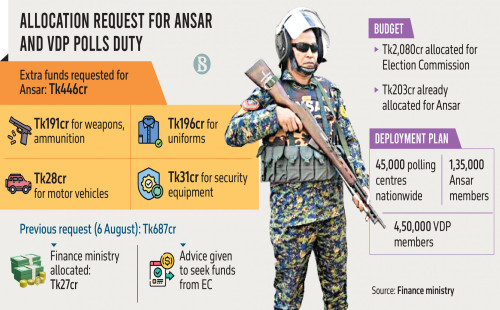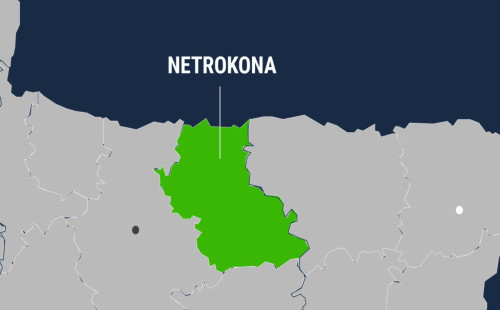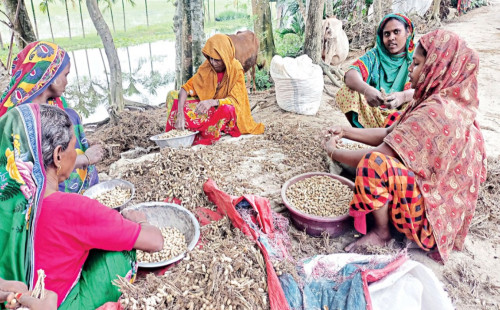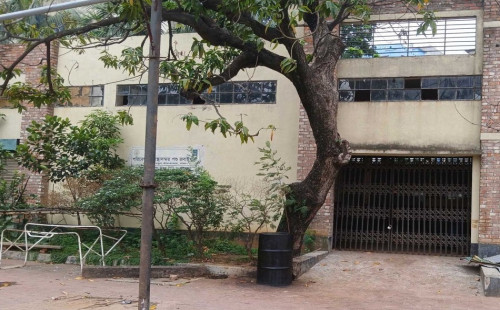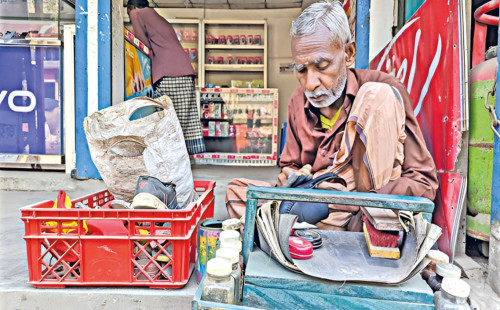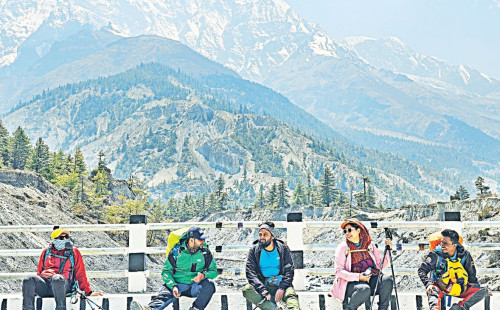Chattogram-Dhaka pipeline: Inaugurated 20 days ago but no fuel delivered

Diesel supply through the Chattogram-Dhaka Fuel Pipeline is yet
to start, almost 20 days after its launch, as the authorities proceeded with
inauguration despite having issues during trial runs.
Muhammad
Fouzul Kabir Khan, adviser to power, energy, and mineral resources ministry,
opened the 250km pipeline on August 16.
Officials now say its commercial operation has stalled due to
discrepancies found during trial runs, specifically mismatches between the
amount of diesel supplied and received.
Acknowledging
the issues, Bangladesh Petroleum Corporation (BPC) Chairman Md Amin Ul Ahsan
yesterday told The Daily Star that they instructed the project implementation
authority to investigate the matter.
"Commercial
diesel supply through the pipeline cannot begin until the problem is resolved.
We have asked the authorities to solve the problem urgently so that such issues
do not recur in the future," said Amin.
However,
the BPC chairman told this newspaper on August 5 that after several successful
trial runs of diesel supply, they set August 16 as the commissioning date.
Responding
to the question why the pipeline was inaugurated despite having issues, AKM
Azadur Rahman, BPC director (operations), said, "This is not a major
issue. The pipeline was formally inaugurated as part of the handover process of
the project. Once oil is supplied regularly through the pipeline, this problem
will not persist."
The
state-owned BPC spent around Tk 3,699 crore from its own coffers to complete
the project. Bangladesh Army's 24th Engineer Construction Brigade is the
project implementing authority.
The
pipeline is expected to supply 27 lakh tonnes of diesel and save around Tk 200
crore annually by eliminating the hassle of time-consuming fuel transport via
rivers, according to BPC officials.
It
comprises two segments -- a 241.28km stretch from the port city's Patenga to
Godnail via Feni, Cumilla, Chandpur, and Munshiganj, and an 8.29km segment from
Godnail to Fatulla.
According
to BPC officials, the anomalies were detected while fuel was transported from
Patenga's Padma Oil and Jamuna Oil depots to Fatulla, Cumilla, and Godnail
during the trial runs in June-July.
The
combined figure of the two state-owned distributors shows a total shortage of
3.39 lakh litres against the total supply of 3.34 crore litres of diesel, whose
market value is Tk 3.45 crore.
Contacted,
Mofizur Rahman, managing director of Padma Oil Company, and Qudrat-E-Elahi, MD
of Jamuna Oil Company, on Tuesday said they wrote to BPC regarding the issue.
According
to a BPC official, the allowable wastage (loss) margin for pipeline fuel
transport is 0.05 percent. As per the 2009 gazette, the allowable wastage
during inland diesel transportation by ship is 0.17 percent.
BPC has
established a wing named Petroleum Transmission Company (PTC) to operate the
pipeline project. PTC Managing Director Raihan Ahmed told this correspondent
yesterday that the 24th Engineer Construction Brigade is yet to hand over the
project to them.
Project
Director Colonel Sultan Mahmud said the handover process has already begun.
"The
250km-long project is being handed over in phases. By the end of this
September, the project will be fully hand over to the PTC," said the PD.
Regarding
the issues during the trials, he said, "Such technical issues can occur at
the initial stage of any major project. Due to variations in temperature,
pressure, and the density of diesel in this long pipeline, some problems may
arise.
"Efforts
are underway to resolve the issues. We are hopeful that through fine-tuning,
the problems will be solved very soon."
The 250km
pipeline crosses at least 22 rivers and canals, including 10 rivers, with large
portions laid beneath the riverbeds. There are nine pumping stations along the
pipeline.
Approved
in October 2018, the project was initially scheduled for completion by December
2020 at an estimated cost of Tk 2,861 crore. However, construction delays led
to cost escalation and deadline extensions -- first to December 2022 and then
to December 2024.



